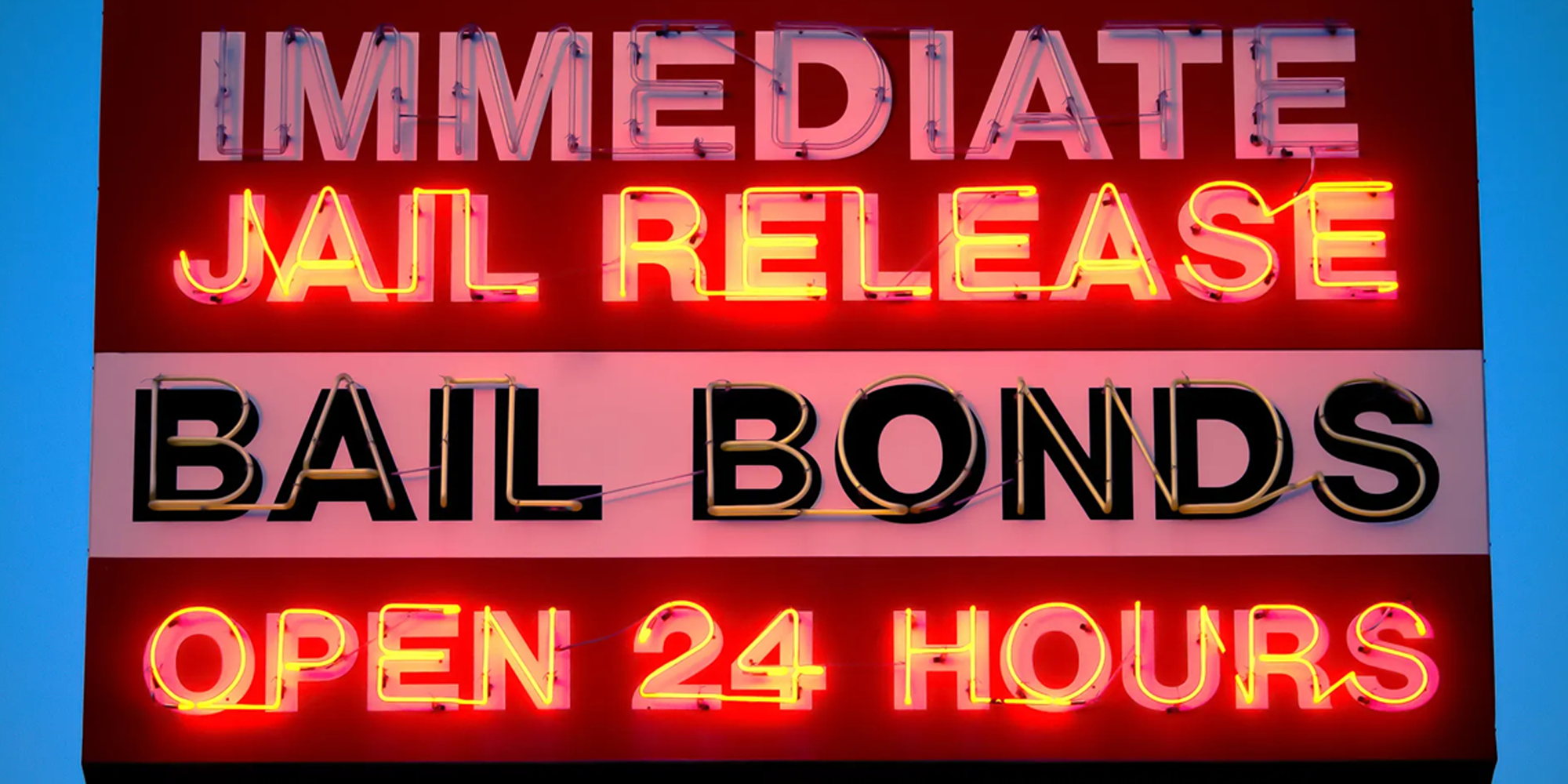![]()
The State of America’s Criminal Justice Bail System Exposed
On any given day in 2020, a staggering 630,000 individuals found themselves incarcerated in local jails, with the majority awaiting trial without being convicted of a crime.
The harsh reality is that, post-arrest, a person’s freedom hinges on their access to money. Across virtually all jurisdictions, individuals are compelled to pay cash bail to secure their release, a system originally designed to ensure court appearances. Unfortunately, this practice has evolved into one that perpetuates widespread wealth-based incarceration. The pretrial incarceration caused by unaffordable bail emerges as the primary driver of convictions, contributing to the alarming growth of our nation’s jail and prison populations.
For poorer Americans and people of color, affording bail becomes an insurmountable challenge, leading to prolonged periods of incarceration while awaiting trial. Meanwhile, those with financial means accused of similar crimes can secure their freedom.
Money bail across the nation is set at levels unattainable for many, forcing defendants into an impossible choice: remain in jail, pay a nonrefundable fee to a for-profit bail bonds company, or plead guilty, sacrificing their right to a fair trial. This fee places a significant burden on poorer families, who won’t recoup the money even if the arrest was a case of mistaken identity with no charges filed.
This flawed bail system has fueled the surge in the jail population, exacerbating America’s incarceration crisis. According to the Vera Institute for Justice, annual jail admissions doubled in the past three decades, reaching 12 million, with the average length of stay increasing from 14 to 23 days.
In response, the ACLU Campaign for Smart Justice is taking a stand in state legislatures and the courts, aiming to dismantle this unjust bail system and combat the for-profit bail industry that thrives on this injustice. Current bail practices violate constitutional rights to due process and equal protection, the prohibition against excessive bail in the Eighth Amendment, and the right to a speedy trial as guaranteed by the Sixth Amendment.
Despite opposition from for-profit bail bond companies and supporting insurance firms, some states are charting a smarter, fairer path. New Jersey legislators have implemented bail reforms that consider individuals in determining their release, focusing on more than just financial capacity. Illinois has taken a historic step by completely abolishing cash bail and investing in alternatives to encourage pretrial release and success.
In a significant victory, private equity firm Endeavour Capital divested from Aladdin Bail Bonds, the former largest for-profit bail bond company in the U.S., following a pressure campaign by ACLU Smart Justice and Color of Change. The latest target is Fairfax Financial, a Toronto-based company now holding the title of the largest owner of commercial bail in the U.S. This strategic approach aims to make the system more equitable and effective, marking a crucial turning point in the fight for justice reform.
Stay tuned for more updates on our mission to transform America’s criminal justice system and create a fairer, more equitable future for all.”













